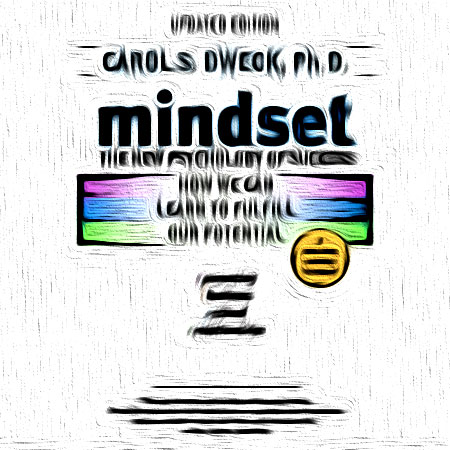 mindset book cover edit by Ben
mindset book cover edit by Ben
We finally get to the solutions to the fixed mindset in this post (please go back and read at least part 1 before reading this one). We are all born with a love of learning. Be with those that help you grow and do not enable or just agree with you. The next time you seek to be around worshipers, go to church, but in the meantime focus on growing and learning and building new connections in your brain that will improve on your skills and make you better from your own experiences from people who challenge you. If you do not try, you will not learn, if you do not learn, you will not improve! Next time something negative happens to you instead of thinking of who to blame or excepting that a bad thing happened that’s out of your control, think instead of what you can learn from the experience, so you can improve upon a similar experience next time you’re in that situation.
Think of something you’ve always wanted to do, like in my case I wanted to start this website and start blogging. Make yourself an action plan and then just do it, I remember I wrote many blogs before I decided to actually start publishing them. I would sit at my computer and read the blogs I wrote over and over again and correct every little mistake that I could find and ask others, close to me to proofread them and tell me what they thought and just, in general, seeking approval. Then my life coach just said you know what? Just post them! It was at that moment that I realized that I would sit around and make excuses for myself and not post if I hadn’t just taken that advice and practicing the growth mindset. I felt like a Nike commercial, just do it, or just post it in my case. I may have been afraid to put myself out there and made excuses not to post them but I’m glad I just took the leap.
To help kids develop a growth mindset replace words like “you did a good job” or “your so smart” with phrases like “that must’ve been too easy for you” or “maybe we should find a harder challenge for you?” Does this mean we can’t praise our kids for a job well done? No, it just means you should be careful of how you praise them so that you aren’t encouraging the fixed mindset but instead are developing their growth mindset. For example, don’t praise them for their intelligence or talent rather than for the work they put in. What they accomplished through practice, study, persistence, and good strategies. You really studied, and it totally shows that extra effort you put into this. I like the way you tried all kinds of things and didn’t give up finding the solution to that problem or get past that hurdle. You tried all kinds of ways to do it and found the solution.
Be careful also of what you say about others around your kids because they pick up on that as well. So, and so’s kid is a genius or is naturally talented, or that kid isn’t the sharpest tool in the shed. These comments your kids also hear and wonder if they are next to be judged this way by you and therefore will also put them in the fixed mindset.
For those who didn’t do well, you can say things like, I like the effort that you put in, but let’s work on this a little bit more and figure out what it is that you didn’t understand. We all learn in different ways and it may take you longer to figure this out or until your confident with the material. Keep trying and you will get it. Stretch yourself and concentrate to finish what you are working on.
I first learned about the concept of mindset from a lecture series I watched at Stanford University when I worked there. Carol S. Dweck, PH.D. shared the information of changing your mindset with the audience, and although back then I wasn’t big on reading, I felt I should pick up and read her book. I’m glad I finally did pick up her book and learn more about exactly what she was talking about and I think you can benefit from it too. In fact, I would add this book to my list of must-reads that can change your life and the life of your kids and hopefully for generations to come.